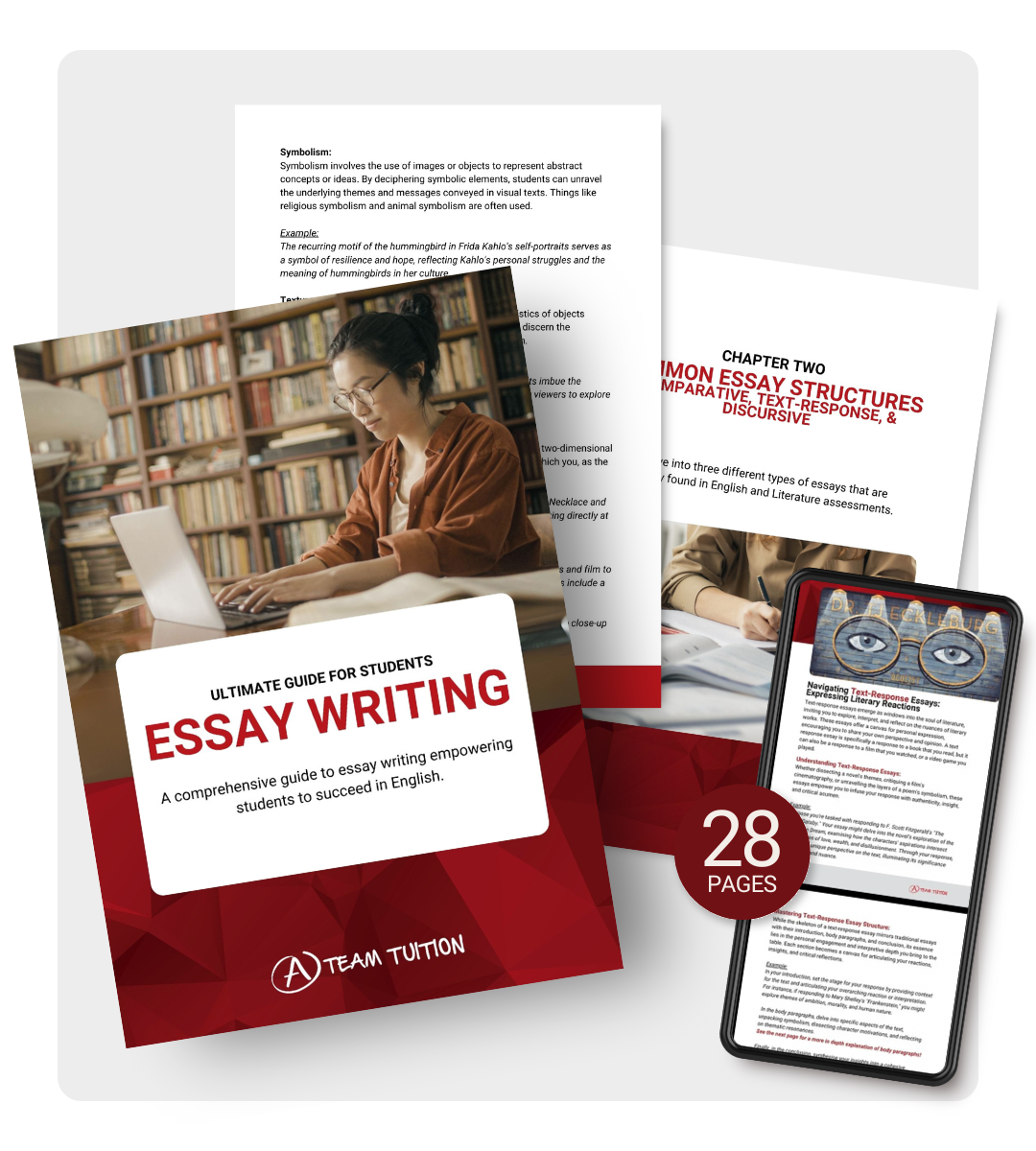How to Write a Discursive Essay: Structure & Tips
Effective communication is a cornerstone of academic success, and mastering discursive essays is a crucial step in this journey. Essays for your English class, like discursive essays, are not just academic exercises but opportunities to enhance your analytical and persuasive skills.
In this guide, we’ll explore the intricacies of crafting compelling discursive essays, providing insights and practical tips to help you navigate how to write a discursive essay successfully. Let’s embark on the journey of honing your ability to present balanced viewpoints and articulate your thoughts with clarity and precision.
What is a Discursive Essay?
Discursive essays are versatile, allowing you to argue for or against a topic or present a balanced view. These essays, integral to English classes, foster critical thinking by exploring various perspectives. They come in different forms, such as opinion essays, for and against essays, or essays proposing solutions to problems. Understanding the nature and purpose of discursive essays is crucial for excelling in your English class.

Discursive Essay Structure
The structure of a discursive essay is straightforward but essential. It has a snappy introduction, persuasive body paragraph and a cohesive conclusion.
In the introduction, set the stage by clearly stating your stance or indicating a balanced view. The body paragraphs are the core, where arguments are built, each paragraph dedicated to a specific aspect of the topic. Finally, the conclusion summarises key points and may include your final position. This structure ensures coherence and clarity.
How to Write an Introduction for a Discursive Essay
The introduction is your chance to captivate readers. Avoid cliches and generalisations; instead, consider opening with a thought-provoking question, a relevant quote, or a surprising statistic.
For example, if your essay is on the impact of technology on education, you might start with, “In an era dominated by screens, is traditional education becoming obsolete?”
Clearly state your stance or intention to present a balanced view.
For instance, “In this essay, we will explore both sides of the debate regarding the influence of technology on education, ultimately arriving at a nuanced perspective.”
How to Write the Body for a Discursive Essay
The body is where your arguments unfold. Divide it into paragraphs, each focused on a specific point. Provide evidence from reputable sources to support your claims. To maintain a smooth transition between paragraphs, use connectives like ‘equally,’ ‘similarly,’ or ‘on the contrary.’ If you’re discussing the positive impact of technology on education, a transition could be, “Similarly, the accessibility of online resources has revolutionised the learning experience.”
How to Write a Conclusion for a Discursive Essay
The conclusion is not a mere repetition but a synthesis of your main findings. Recap key points and, depending on the essay type, state your final position. Express your personal opinion logically, aligning it with the evidence presented in the body. For example, “While technology offers unprecedented opportunities, a balanced approach that preserves the essence of traditional education is vital.”
Discursive Essay Writing Tips
- Utilise connectives: Use words like ‘however,’ ‘in contrast,’ or ‘conversely’ for smooth transitions between opposing viewpoints. For instance, “While some argue for the benefits of online learning, others vehemently oppose it. However, a nuanced perspective considers both sides.”
- Formal language: Maintain a formal tone. Avoid colloquial expressions; instead, opt for academic language. For instance, replace “kids” with “children” and “a lot” with “numerous.”
- Persuasive techniques: Experiment with persuasive writing techniques. For instance, if discussing environmental issues, use vivid imagery like “the lush greenery replaced by concrete jungles” to evoke a strong visual impact.
Need More Help With How to Write a Discursive Essay? A Team Tuition Can Help!
For personalised guidance and support in mastering discursive essays, consider reaching out to A Team Tuition. Our English academic personal trainers offer valuable insights and assistance tailored to your specific needs.
Whether forming study groups, seeking your teacher’s guidance, or opting for private tutoring and mentoring through A Team Tuition, these avenues can elevate your essay writing skills.
Remember, mastering discursive essays is not just about academic achievement; it’s a lifelong skill that enhances your ability to think critically and communicate effectively. Take the first step toward academic excellence – contact A Team Tuition to schedule your first session and unlock your full potential. Happy writing!

